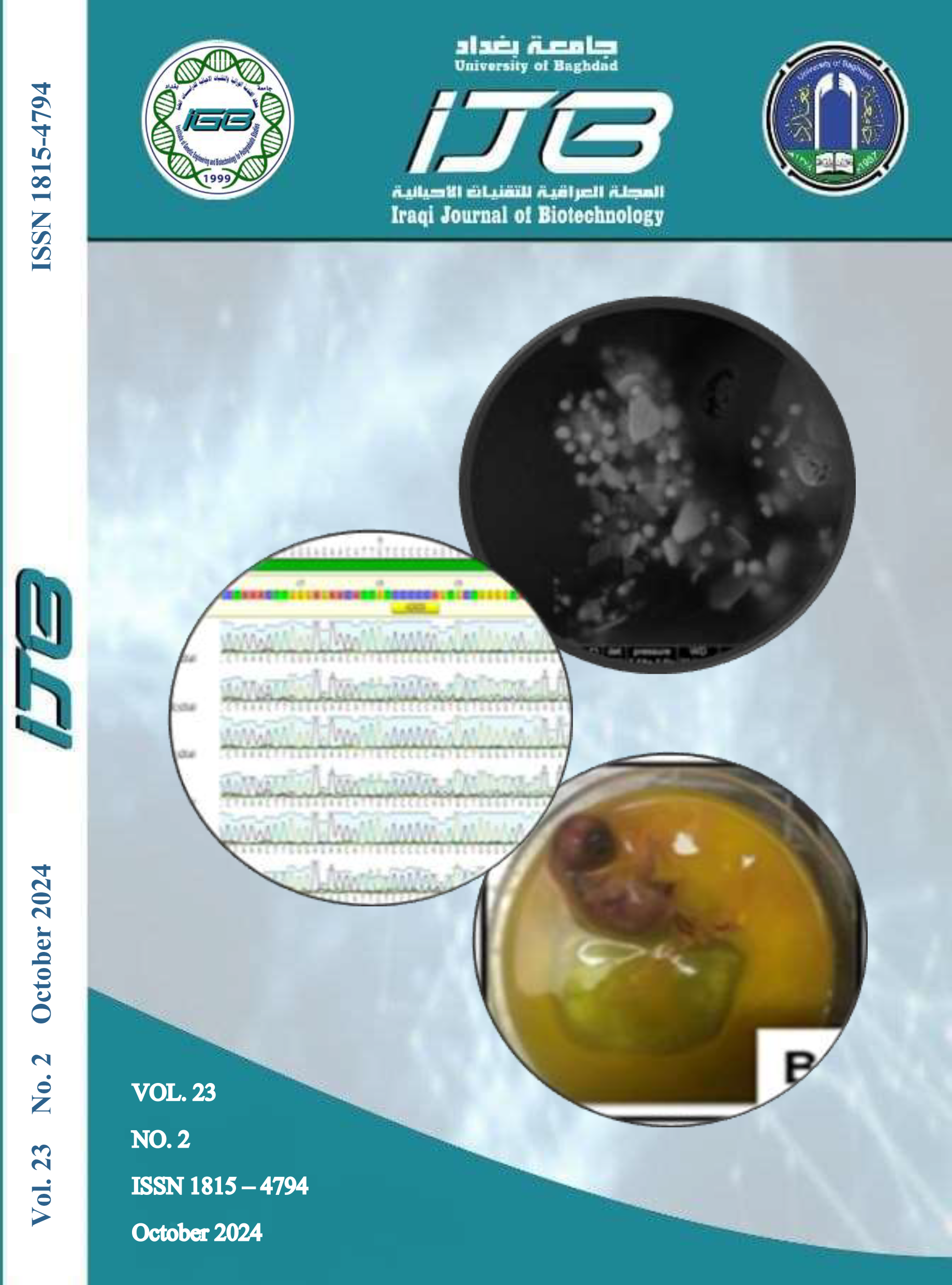Evaluation the Serum Level and Gene Expression of IL-6 in Iraqi Systemic Lupus Erythematous Patients
Abstract
The chronic systemic autoimmune disorder known as systemic lupus erythematous (SLE) can be distinguished serologically by both cellular and humeral immunologic abnormalities such as direction of many autoantibodies against non-organ specific intracellular antigens. The SLE is created by a combination of several environmental and genetic factors. The current study included 54 Iraqi females with SLE who were diagnosed by specialists in Baghdad Teaching Hospital / Medical City and Kadhimiya Teaching Hospital from June 2022 until September 2023 and 46 healthy women with an age range of 10-50 years old. This study aimed to evaluate the serum level and gene expression of interleukin-6 (IL-6) in SLE patients using ELISA technique and real time-PCR in addition to the possibility of their relationship with the disease pathogenesis. The demographic study showed that the highest age group of patients was 40.74% (21-30). Results show that the level of IL-6 serum were highly significant (p< 0.01) increased in patients group compared to control group. Additionally, IL-6 gene expression was increased about eight folds compared to control group. These results pointing to the association of IL-6 with SLE. The present study recommend to use IL-6 as a biomarker for SLE.


